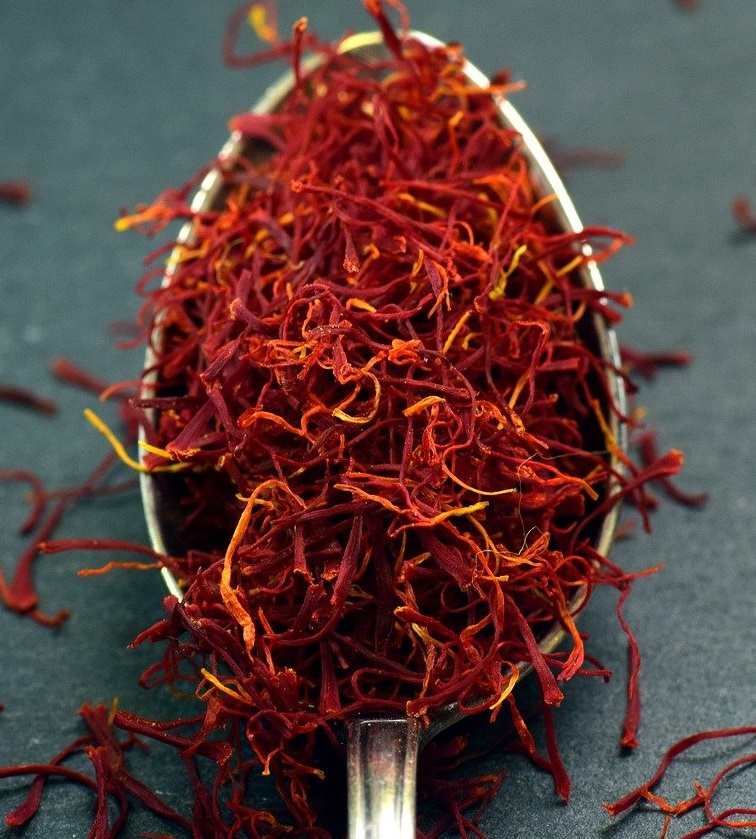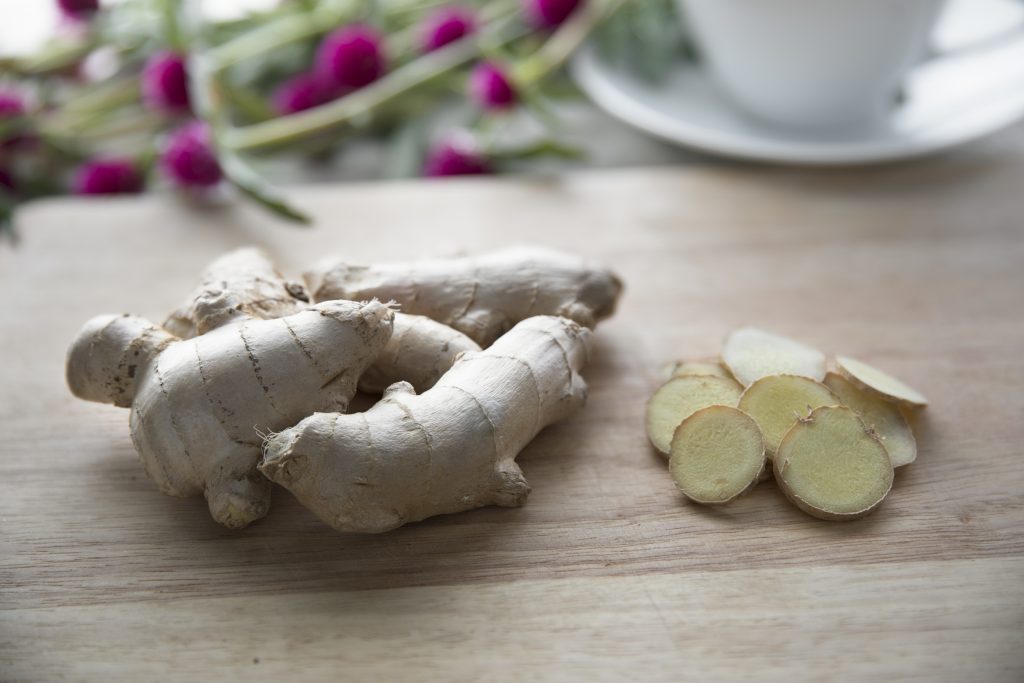
Saffron, often referred to as the “Golden Spice,” is not only a culinary delight but also a treasure trove of health benefits. This post will delve into the myriad of health benefits that this precious spice has to offer.
Introduction to Saffron
Saffron is derived from the flower of Crocus sativus, commonly known as the “saffron crocus”. Each flower has three vivid crimson stigmas, which are collected and dried to be used mainly as a seasoning and coloring agent in food. Saffron has been long used in traditional medicine for its therapeutic properties. It is rich in antioxidants and possesses anti-inflammatory properties.



The Health Benefits of Saffron
1. Rich in Antioxidants
Saffron is packed with an impressive variety of plant compounds that act as antioxidants — molecules that protect your cells against free radicals and oxidative stress. Notable saffron antioxidants include crocin, crocetin, safranal, and kaempferol. These antioxidants have been linked to several health benefits, including reduced inflammation, cancer prevention, and antidepressant properties.
2. May Improve Mood and Treat Depressive Symptoms
Saffron is known as the “sunshine spice” not just because of its vibrant color, but also due to its potential effects on mood disorders. Several studies suggest that saffron may help treat symptoms of mild-to-moderate depression. The active compounds in saffron interact with the biochemical pathways in the brain, leading to improved mood and emotional well-being.
3. May Have Cancer-Fighting Properties
Saffron is high in antioxidants, which help neutralize harmful free radicals. Test-tube studies have shown that saffron compounds can selectively kill cancer cells or suppress their growth. While more research is needed, these findings suggest that saffron may be a promising natural treatment for various types of cancer.
4. May Reduce PMS Symptoms
Saffron may help treat symptoms of premenstrual syndrome (PMS). In women 20–45 years of age, taking 30 mg of saffron daily was more effective than a placebo at treating PMS symptoms. These symptoms include mood swings, irritability, food cravings, and pain.
5. May Act as an Aphrodisiac
Saffron has been reputed to be an aphrodisiac for centuries. Modern tests support saffron’s potential to enhance sexual behavior in both men and women. The active compounds in saffron can stimulate libido and improve erectile function.
6. May Reduce Appetite and Aid Weight Loss
Snacking is a common habit that may put you on the path to weight gain. According to research, saffron may help prevent snacking by curbing your appetite. This can lead to a reduction in calorie intake and ultimately weight loss.
Saffron in Different Forms
Saffron Milk Benefits
Saffron milk is a popular drink made from milk and saffron strands. It is rich in antioxidants and is known to promote sound sleep, enhance mood, improve digestion, and boost immunity. Drinking saffron milk regularly can also improve skin complexion due to its antioxidant properties.
Saffron Tea Benefits
Saffron tea, a herbal infusion made with saffron strands, is packed with health-promoting compounds. It is known to improve mood, enhance memory, and protect brain cells from oxidative stress. Regular consumption of saffron tea can also aid in digestion and weight loss.
Saffron in Cooking
Saffron is extensively used in Persian, Indian, European, and Arab cuisines. Its unique flavor, aroma, and color make it a valuable ingredient in many dishes. Saffron can be used in rice dishes, stews, soups, and even desserts. It not only enhances the taste and appearance of the dish but also adds nutritional value.

Frequently Asked Questions about Saffron
1. What are the health benefits of saffron?
Saffron offers a multitude of health benefits. It is rich in antioxidants, can improve mood and treat depressive symptoms, has potential cancer-fighting properties, can reduce PMS symptoms, acts as an aphrodisiac, and can reduce appetite and aid in weight loss.
2. How does saffron improve mood and treat depressive symptoms?
Saffron contains active compounds that interact with the biochemical pathways in the brain, leading to improved mood and emotional well-being. Several studies suggest that saffron may help treat symptoms of mild-to-moderate depression.
3. Can saffron help in cancer prevention?
While more research is needed, test-tube studies have shown that saffron compounds can selectively kill cancer cells or suppress their growth. This suggests that saffron may be a promising natural treatment for various types of cancer.
4. How does saffron help in weight loss?
Saffron may help prevent snacking by curbing your appetite. This can lead to a reduction in calorie intake and ultimately weight loss.
5. What are the benefits of saffron milk and saffron tea?
Saffron milk is known to promote sound sleep, enhance mood, improve digestion, and boost immunity. Saffron tea, on the other hand, can improve mood, enhance memory, protect brain cells from oxidative stress, aid in digestion, and promote weight loss.
6. Can saffron be used in cooking?
Yes, saffron is extensively used in various cuisines around the world. Its unique flavor, aroma, and color make it a valuable ingredient in many dishes, including rice dishes, stews, soups, and desserts.
7. Is saffron good for skin?
Yes, saffron is known to improve skin complexion due to its antioxidant properties. Regular consumption of saffron milk can lead to healthier, glowing skin.
8. Is saffron safe to consume during pregnancy?
While saffron has many health benefits, it’s always best to consult with a healthcare provider before consuming saffron or any other supplements during pregnancy.
Conclusion
Saffron is a powerful spice high in antioxidants. It has been linked to health benefits, such as improved mood, libido, and sexual function, as well as reduced PMS symptoms and enhanced weight loss. Best of all, it’s easy to add to your diet. Try adding it to soups, stews, risotto, or other dishes to reap its benefits.
Blog Tags
Saffron, Health Benefits, Antioxidants, Mood Enhancer, Aphrodisiac, Weight Loss, Saffron Milk, Saffron Tea, Cooking with Saffron
Continue reading 6 Impressive Health Benefits of Saffron












